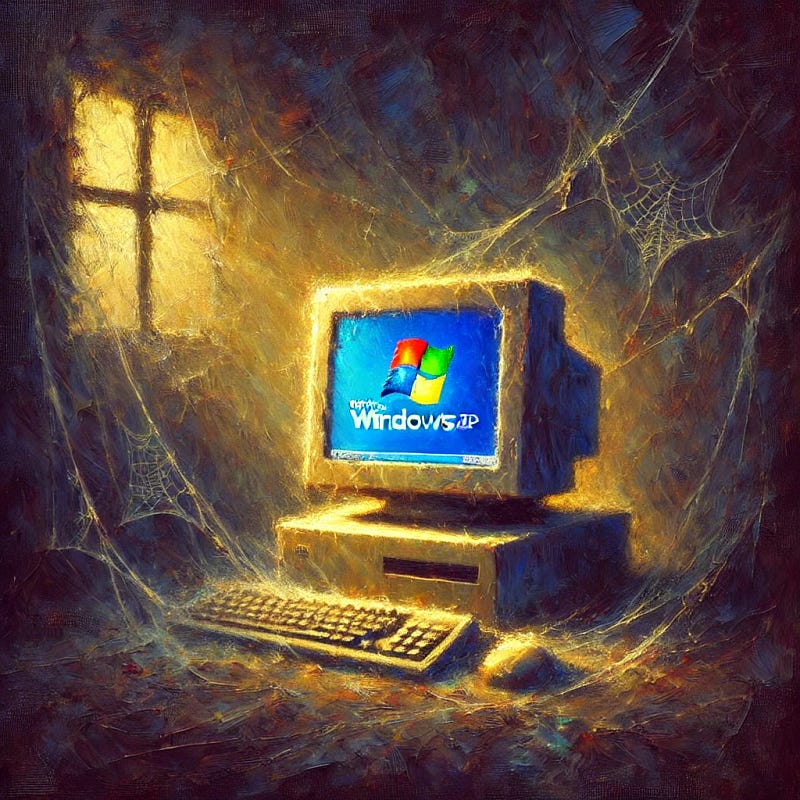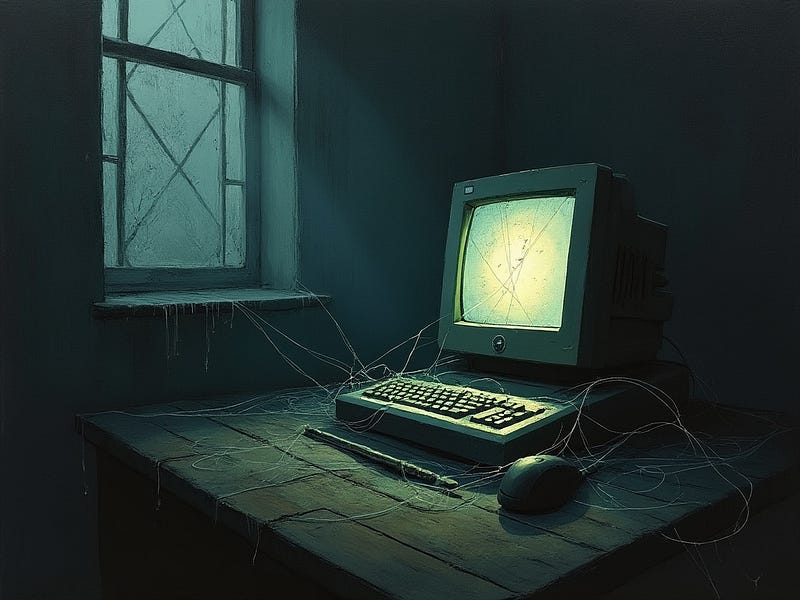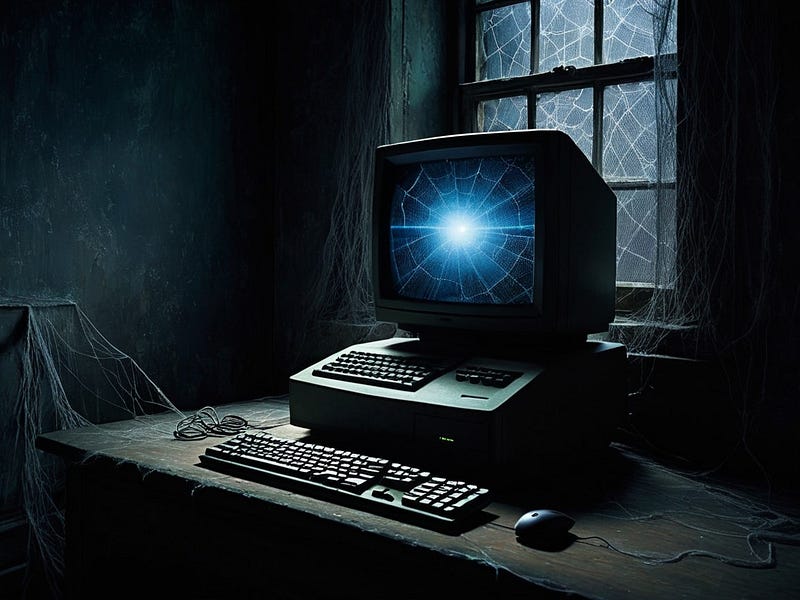
Ah, the charm of running Windows XP or Apache 2.2 in 2024. It’s like driving a vintage car without airbags — cool until you realize the brakes don’t work. Let’s take a nostalgic dive into the quirks, risks, and myths of using ancient software, peppered with just enough tech talk to sound smart at parties.
Why Do People Still Use Old Software?
Maybe you’re clinging to Windows 98 because “it just works.” Or your Apache 2.2 server is still humming along because upgrading feels like rebuilding a skyscraper brick by brick. Nostalgia aside, the real reason is usually inertia. Legacy systems are a hassle to migrate, and sometimes the software running on them is too bespoke (read: duct-taped together) to port easily.
But here’s the rub: every year you keep these systems online, they become an increasingly ripe target for hackers. Let’s unpack why.
What Are the Risks of Running Really Old Software?
- No More Updates
Old versions of Windows and Apache stopped getting updates years ago. That means no patches for vulnerabilities — ever. If a security researcher discovers a new exploit, hackers hear about it too, and there’s nothing to stop them from partying on your server. - Known Exploits Everywhere
Remember WannaCry? It spread like wildfire on unpatched Windows XP systems. Cybercriminals love old software because they don’t need fancy zero-day exploits — just Google and a bit of patience. - Compatibility Chaos
New security tools often don’t play nice with older systems. Your antique OS might not support modern antivirus solutions, leaving you with fewer ways to defend yourself.

Is Apache 2.2 on Windows Extra Secure?
Short answer: No. Long answer: LOL, no. Apache 2.2 stopped receiving updates in 2017. If you’re running it on an outdated version of Windows, you’re essentially leaving your server with a sign saying, “Hack me, I’m old and vulnerable!”
While Apache itself has a good track record for security, running it on an unsupported OS multiplies the risk. It’s like locking your front door but leaving the windows wide open — no pun intended.
Do Hackers Even Target Old Systems?
Absolutely. Old systems are like abandoned treasure chests to cybercriminals. They’re easy to exploit, and organizations often don’t monitor them closely. Hackers use automated tools to scan the internet for vulnerable setups, and legacy systems light up like Christmas trees on their radar.

Famous Hacks Due to Old Software
- Equifax (2017)
Equifax fell victim to an exploit in an old Apache Struts framework, costing them over $700 million. Sure, it wasn’t Apache 2.2, but it shows what happens when you ignore updates.
Source: Equifax Breach Summary - Iranian Nuclear Plant (2010)
Stuxnet famously targeted Windows systems, exploiting unpatched vulnerabilities. It wasn’t just a hack; it was cyberwarfare. - WannaCry (2017)
Targeted unpatched Windows XP systems globally, causing chaos across hospitals, businesses, and governments. It was the digital version of a bull in a china shop.
Why Hackers Love Legacy Systems
Hackers aren’t targeting your grandma’s old laptop for the memes (though that would be funny). They’re often after:
- Easy Access: Legacy systems are low-hanging fruit.
- Network Pivoting: Once inside, hackers use these systems as stepping stones to access modern ones.
- Data Goldmines: Even ancient servers hold valuable data.
So, What Should You Do?
- Upgrade Already!
Move to a supported version of Windows or Apache. Yes, it’s painful, but so is ransomware. - Isolate Legacy Systems
If upgrading isn’t an option, keep old systems off the internet. Use them in isolated environments where they can’t talk to the outside world. - Layer Security
Firewalls, intrusion detection systems, and regular backups are your best friends.
Fun Tidbit: The Hidden Perk of Being Old
Sometimes being outdated can ironically save you. Newer attacks often bypass ancient systems because they’re not worth the hassle or don’t have the protocols modern exploits target. But don’t let that lull you into complacency — it’s like saying, “This life raft has only one hole; we’re fine.”

AI Art Prompt
“A lonely vintage Windows XP computer glowing softly in a dark room, surrounded by cobwebs, symbolizing obsolescence and vulnerability, painted in an impressionist style with muted, melancholic colors.”
Your Turn
Have you ever clung to old software for dear life? Or did a legacy system ever come back to bite you? Share your war stories in the comments — let’s laugh (and cry) together. And hey, don’t forget to follow me for more tech tales like this!